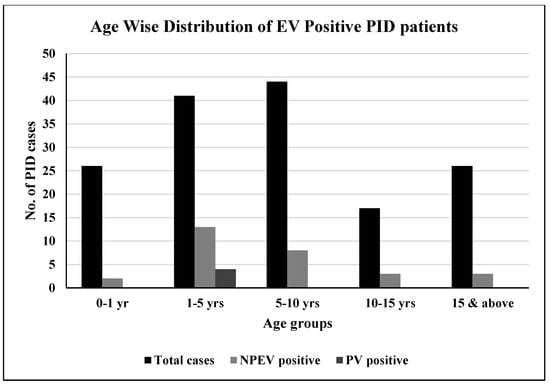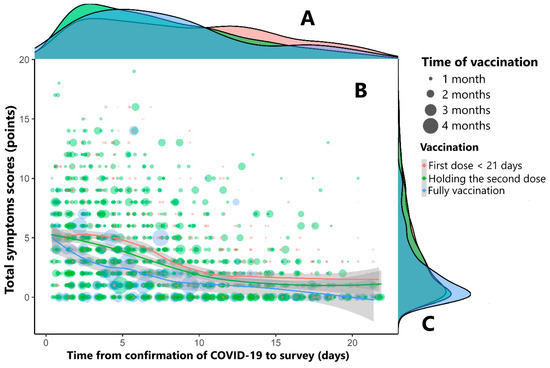Topic Advisory Panel Members’ Collection Series: Immunization and Vaccines for Infectious Diseases
A topical collection in Vaccines (ISSN 2076-393X). This collection belongs to the section "Vaccines against Tropical and other Infectious Diseases".
Viewed by 6941Editors
Interests: infectious diseases; tuberculosis; vaccines
Special Issues, Collections and Topics in MDPI journals
Interests: yeast-based vaccines; yeast-based screening of chemicals
Special Issues, Collections and Topics in MDPI journals
Topical Collection Information
Dear Colleagues,
Our Topical Collection will be a “Topic Advisory Panel Collection” that will cover all the topics relevant to immunization for infectious diseases. Human history has faced several pandemic threats, including influenza, SARS2, and COVID-19. The big challenge in responding to pandemic diseases is that vaccines may not exist, or existing vaccines may not be effective against them. Therefore, this collection will be an ideal forum where scientists can share their latest research findings on immunization and vaccines related to infectious diseases, particularly Inflenzam, SARS-CoV-2, HIV, and tuberculosis. In this collection, original research articles, case studies, editorials, and reviews are welcome.
We look forward to receiving your manuscript.
Dr. Shumaila Hanif
Dr. Ravinder Kumar
Collection Editors
Manuscript Submission Information
Manuscripts should be submitted online at www.mdpi.com by registering and logging in to this website. Once you are registered, click here to go to the submission form. Manuscripts can be submitted until the deadline. All submissions that pass pre-check are peer-reviewed. Accepted papers will be published continuously in the journal (as soon as accepted) and will be listed together on the collection website. Research articles, review articles as well as short communications are invited. For planned papers, a title and short abstract (about 100 words) can be sent to the Editorial Office for announcement on this website.
Submitted manuscripts should not have been published previously, nor be under consideration for publication elsewhere (except conference proceedings papers). All manuscripts are thoroughly refereed through a single-blind peer-review process. A guide for authors and other relevant information for submission of manuscripts is available on the Instructions for Authors page. Vaccines is an international peer-reviewed open access monthly journal published by MDPI.
Please visit the Instructions for Authors page before submitting a manuscript. The Article Processing Charge (APC) for publication in this open access journal is 2700 CHF (Swiss Francs). Submitted papers should be well formatted and use good English. Authors may use MDPI's English editing service prior to publication or during author revisions.
Keywords
- vaccine
- immunization
- infectious diseases
- influenza
- SARS2
- COVID-19
- SARS-CoV-2
- HIV
- tuberculosis









